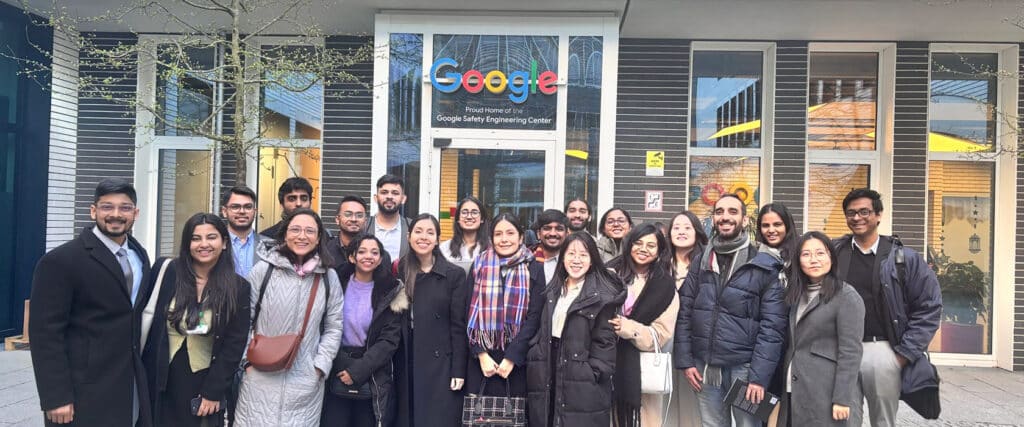The alumni network that helped this student land a dream job at Google
After learning to thrive in a new culture, Chinese student Jifu Yao’s career is progressing exactly as he hoped when he started his MBA. He explained to us why patience was crucial to secure a dream job at Google after graduation.
Content





